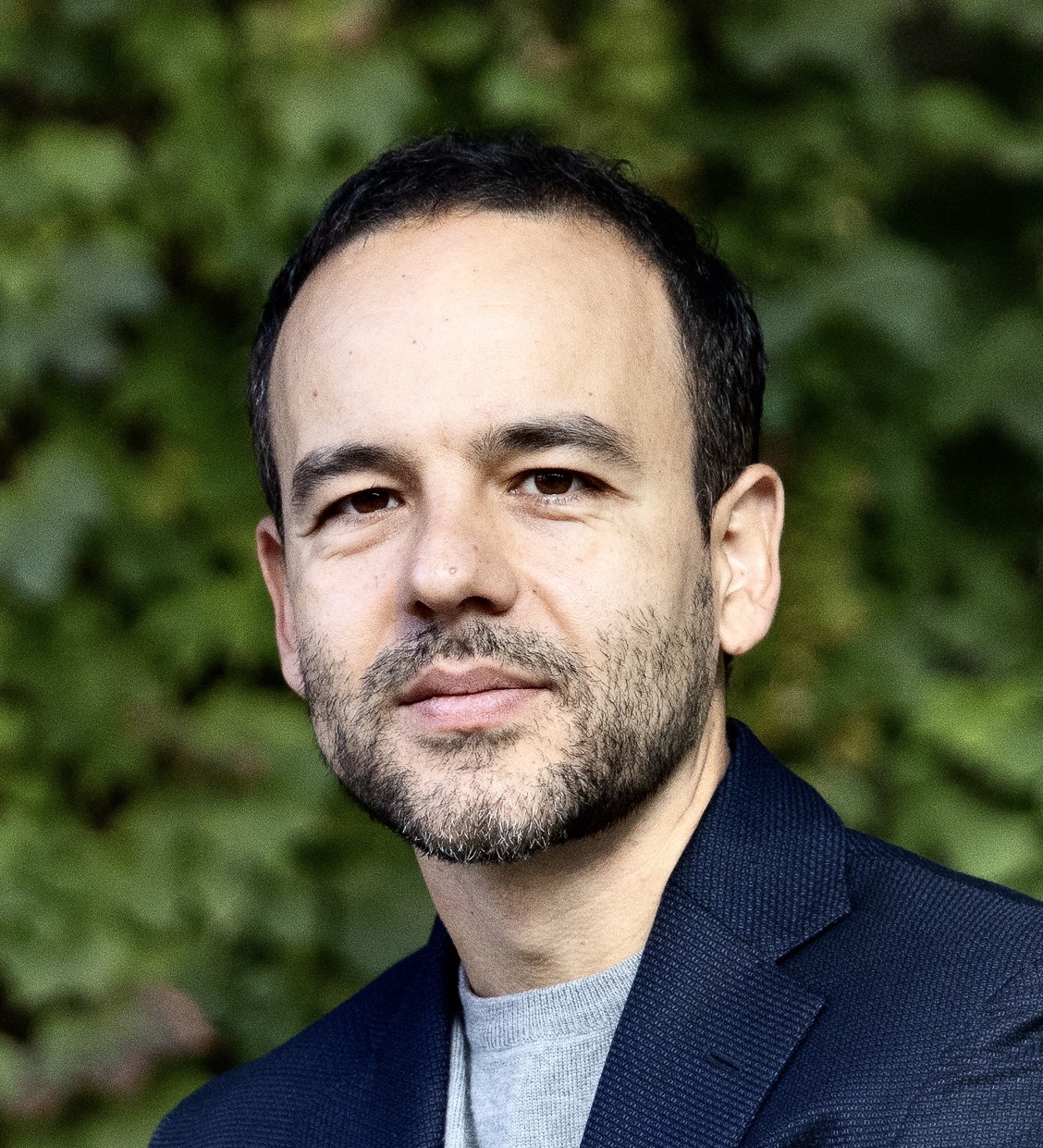Neolithic crops and the emergence of complex social hierarchy
Neolithic crops and the emergence of complex social hierarchy

Following the Neolithic Revolution around 12,000 years ago, some regions of the world developed complex hierarchies that led to the development of city-states and the great civilizations of antiquity. Existing theories argue that social advances were an outcome of land productivity and food surplus. However, research conducted by UPF Economics Professor Luigi Pascali proposes instead that development was driven by the ability of emergent elites to appropriate and secure cereal and grain crops.
Prof. Pascali, along with Joram Mayshar of the Hebrew University of Jerusalem, Omer Moav from the University of Warwick, and Zvika Neeman of Tel Aviv University, record their findings in a paper titled "Cereals, Appropriability and Hierarchy".
The results of their investigation show that more fertile regions around the world did not necessarily create more complex societies. Instead, the crucial factor was the type of food chosen as a main crop — cereals and grains versus roots and tubers. While roots and tubers are susceptible to rot and do not store well for long periods of time, the paper's evidence indicates that "the durability of cereal grains makes them well suited for transport for the use of a distant elite."
"Since the grain has to be harvested within a short period and then stored for use until the next harvest, a visiting tax collector could readily confiscate part of the stored produce," the authors argue. Additionally, stored cereal harvests are vulnerable to theft, which creates demand for protection. The paper therefore proposes that regional differences in cereal production relative to tuber crops can explain the differences in formation of hierarchy and states, whereas land productivity by itself can not.
The research has found its way into popular press, having been mentioned in the Washington Post, the Financial Times, and VoxEu, amongst others. Prof. Pascali has also been in the news recently for his nomination for the La Vanguardia 2016 Science Award.
Find out more about Prof. Pascali's research through these resources:
